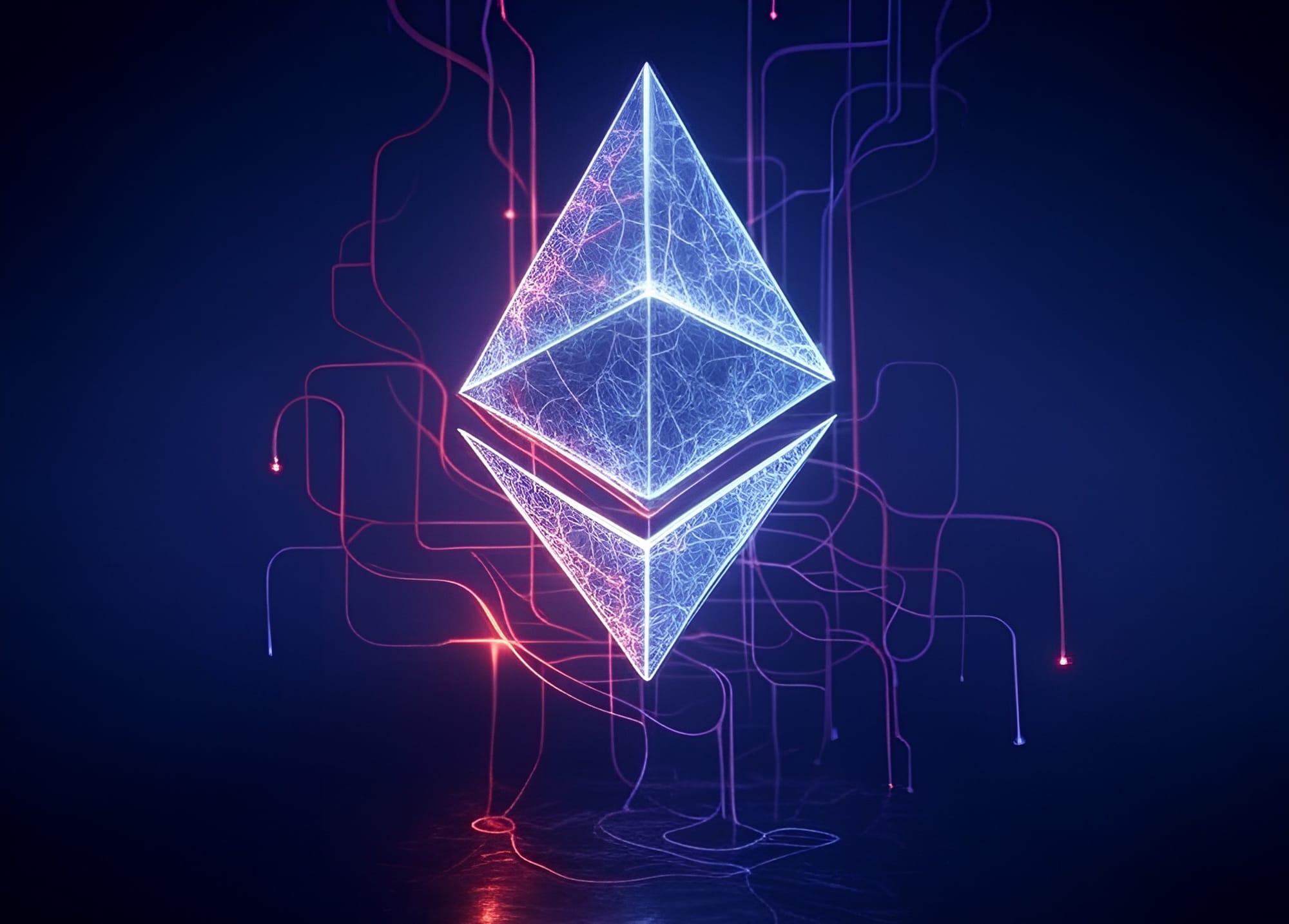Why Ethereum Validators Need to Update Geth Now to Avoid Financial Risks

The Ethereum Geth client, a cornerstone of the blockchain’s infrastructure, recently sounded the alarm for validators running version 1.15.1. The message from the developers was clear and urgent — update to version 1.15.2 without delay to sidestep potential financial risks. This isn’t just a routine tweak. It’s a critical fix aimed at keeping validators’ operations smooth and their wallets intact. Geth, built in Go, powers over 40% of Ethereum’s validator network, making it the go-to execution layer client for many. When a tool this widely adopted flags an issue, the ripple effect across the ecosystem demands attention.
The push for this update stems from a glitch in version 1.15.1 that could derail block creation on the Ethereum mainnet. Validators rely on successfully proposing and building blocks to earn rewards, including transaction fees. A regression in the older version risks tripping up this process, causing validators to miss their slots and leaving money on the table.
Never Miss Important News
Sign up and be the first to know when we publishThe team behind Geth didn’t mince words, emphasizing that sticking with the outdated version could lead to real losses. With Ethereum’s proof-of-stake system tying validator earnings directly to performance, even a small hiccup can sting. This update to 1.15.2 patches that vulnerability, ensuring blocks are created reliably and the network stays stable.
Urgent Update for Geth Users!
— Go Ethereum (@go_ethereum) February 17, 2025
Attention validators! If you are running Geth v1.15.1, upgrade to v1.15.2 immediately to prevent potential financial loss!
A regression in v1.15.1 can cause block creation failures, leading to missed slots.
🔗 Release Notes https://t.co/a7ExRzxcyi
This isn’t the first time Geth has needed a swift response. The latest release builds on a prior patch that tackled a separate issue—vulnerabilities in earlier versions that left nodes open to denial-of-service attacks. That fix was a defensive move, protecting the network from external threats.
Now, the focus shifts to operational continuity for validators. The developers have called on the Ethereum community to act fast, especially those running nodes with Geth. It’s a straightforward ask with a big payoff—update, and keep things running as they should. For validators, staying on top of these releases isn’t just about technical upkeep; it’s about safeguarding their stake in Ethereum’s ecosystem.

